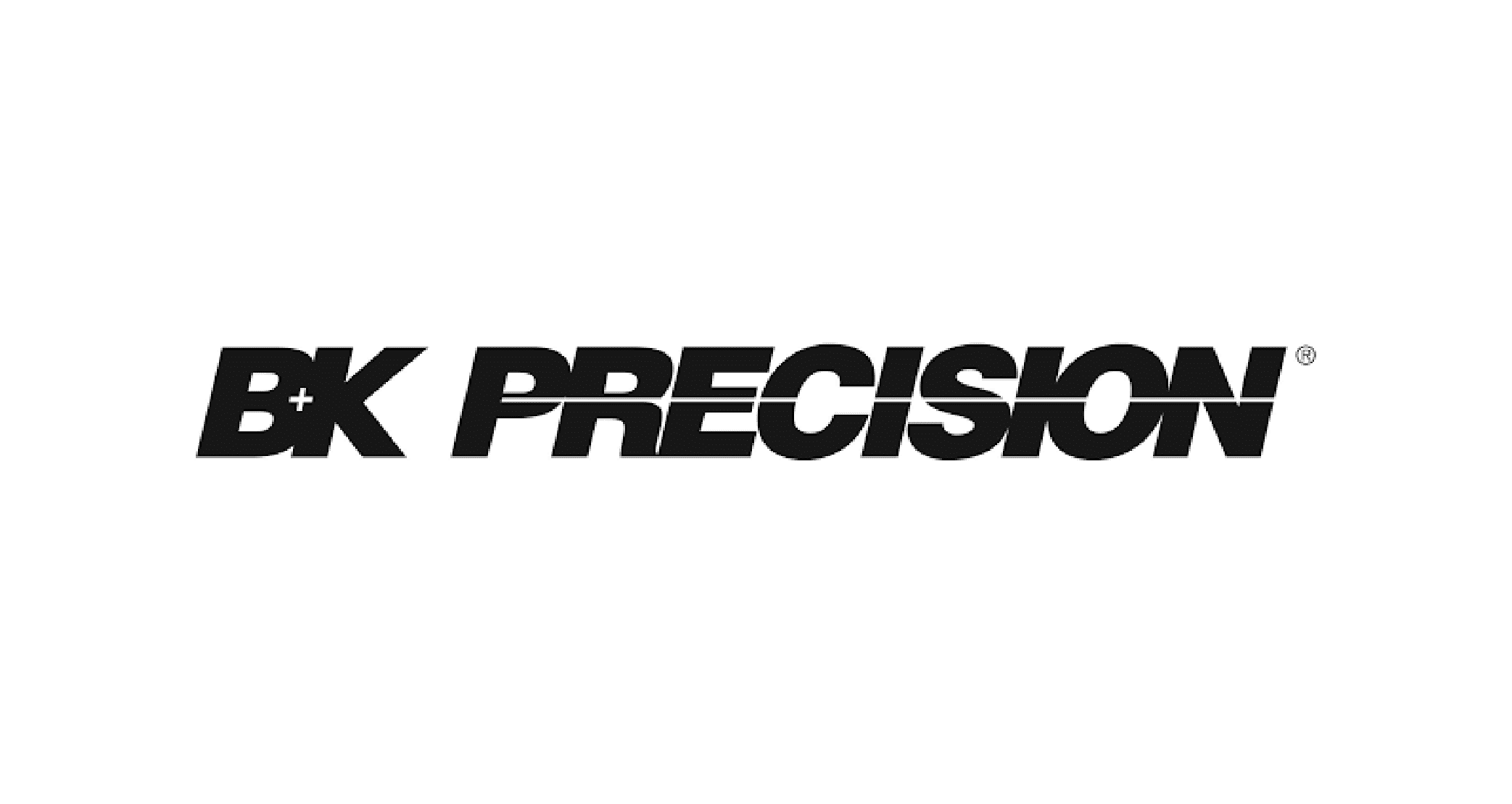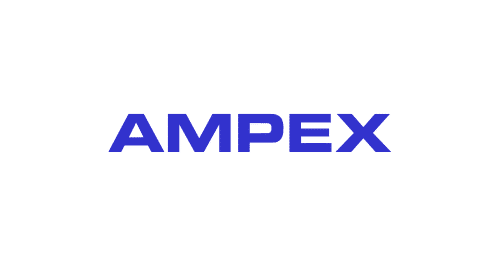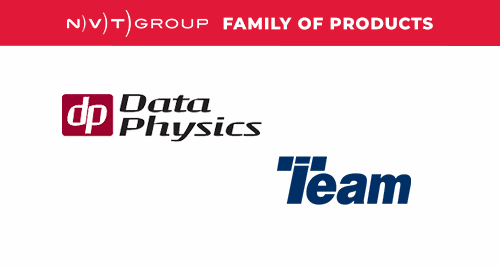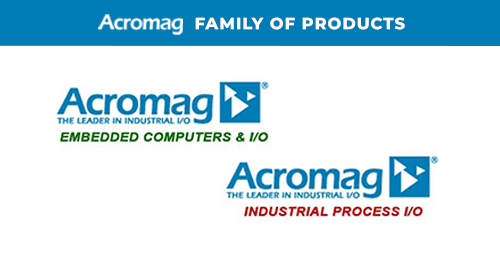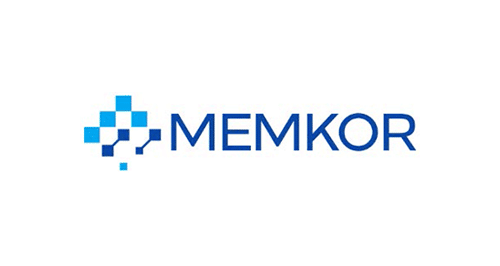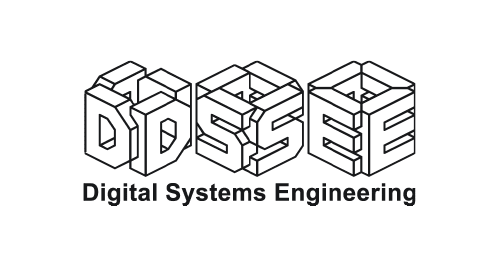
How to Choose the Right Industrial Oven to Meet Your Application

Without industrial ovens, everything from consumer products to heavy machinery would look a lot different. These ovens make it possible to change the physical, chemical or even biological properties of materials and e.g., apply protective coatings or paints quickly and efficiently.
An industrial oven is a piece of equipment that creates high temperatures. In processing and manufacturing sectors, industrial ovens are used for a variety of purposes. Primarily used for heat treatment, drying, curing, coating, and sterilizing in both testing and production environments.
Key Purchasing Considerations
In industrial environments, production is critical. Choosing the right oven for your application can streamline throughput. Key considerations in choosing an industrial oven include:
- Temperature
- Uniformity
- Airflow
- Power Sources
- Size
- Certifications
- Controls
Temperature
When it comes to industrial ovens, temperature control is paramount. The inability to maintain specific heating conditions can lead to subpar performance or, worse, complete failure of parts. Typical temperature controls include analog, microprocessor, and programmable proportional integral derivative controllers, or PID controllers.
Uniformity
Temperature uniformity is also an important feature to assure all products being testing or used in your heating process receive the same consistent temperature exposure.
Airflow
The movement of air in an oven impacts performance like heat up times and temperature uniformity. Airflow patterns can be vertical, horizontal, or a combination of both. The texture, shape, and type of the material heated play a role in airflow design and implementation.
Power Sources
Industrial ovens are typically powered by electricity, hot water, microwaves, or and loaded by hand, forklift, or conveyor system.
- Electric ovens are renowned for their ability to heat up quickly and control temperatures precisely. As a result, production time and processing costs are optimized. This oven type is suitable for various functions, such as baking, annealing, powder coating, and curing of paints, coatings, or finishes.
- Infrared Ovens utilize high-intensity lighting to maximize production while minimizing energy usage, infrared ovens are ideal for applications that require precision and speed. Electromagnetic radiation quickly brings the oven to full power and provides consistent heating mainly to surfaces.
- The difference to microwaves is the penetration depth (microwaves are volumetric heating) and selectivity (microwaves are more selective to materials).
- Hot water or oil is also often used for indirect heating under ATEX regulations.
Size
Ovens range from small benchtop, reach-in, floor model, walk-in ovens. Special designed ovens are customized to specific processes such as conveyor ovens, batch ovens and industrial ovens for automated processes.
Controls
Controls are another item to consider ensuring processes can be easily controlled and monitored. Features such as easy to use touch screen interface, control from PC, smart phone or tablet along with data collection, trend graphs, maintenance alerts, and user security should be considered.
Ovens For Testing & Production
Industrial ovens fall into categories, constructed for optimal application use. Weiss Technik specializes in designing and manufacturing the following ovens:
Curing Ovens
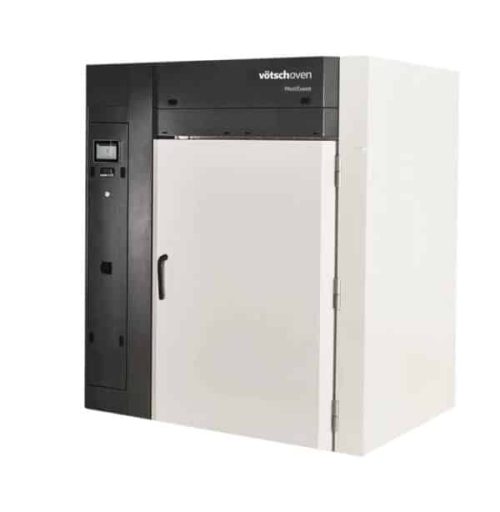
Curing industrial ovens are used to bond powder or paint with metals. They can also harden products made from rubber, plastics, and metals. Typically, this oven type is built with steel-insulated panels and frames and powered by electricity.
Drying Ovens
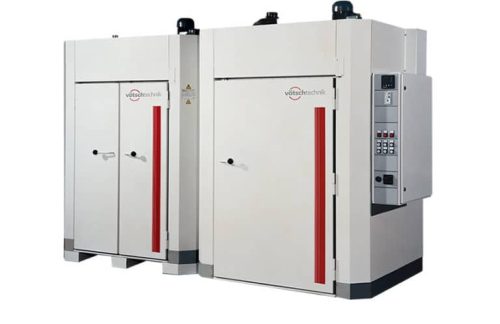
Drying ovens leverage forced convection to remove moisture, heat-treat metals, and sterilize equipment. They’re also perfect for powders, granular products, and electronic components.
Batch Ovens
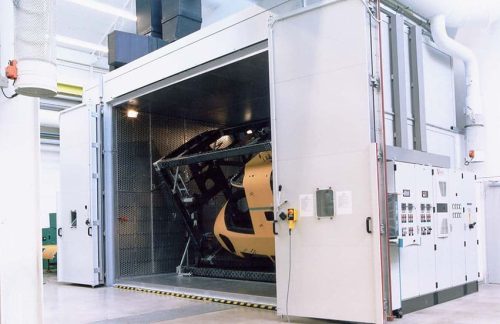
This oven type is designed to heat large quantities of products, typically in production environments. Common construction styles include reach-in or walk-in.
Conveyor Ovens
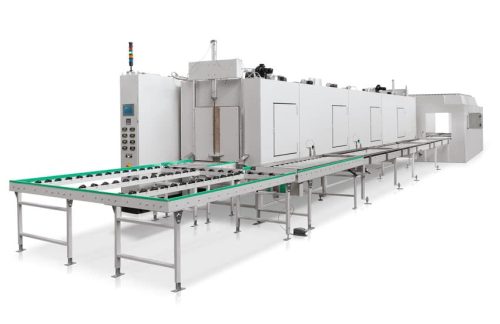
This oven type is ideal for facilities where large-scale production or assembly line-related manufacturing is performed. Also called continuous ovens, they can operate at varying speeds and incorporate cooling zones, heat zones, and exhaust systems. Conveyor ovens can be designed to meet various needs, such as drying, curing, annealing, stress relieving, bonding, tempering, pre-heating, and forming.
Laboratory Ovens
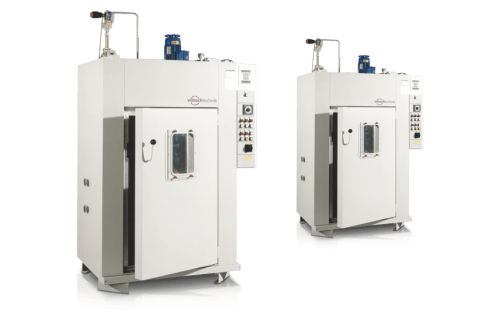
Used for research and design or production of small batches for validation and testing, these ovens are typically smaller in size. High performance with superior uniformity and consistent results are the primary characteristics of laboratory ovens.
Vacuum Ovens
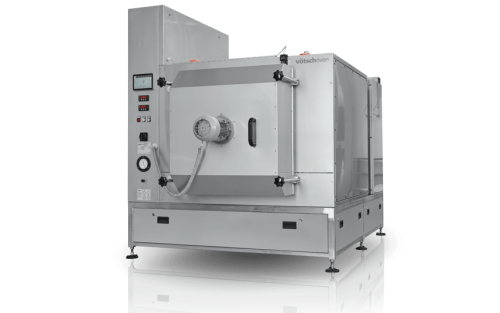
This oven type additionally regulates the atmospheric pressure in the heating chamber, removing contaminants while providing greater control of treatment processes. They can also remove gas trapped in materials, preventing deterioration. Taking away oxygen from the heating process prevents oxidation and unwanted surface reactions. Vacuum industrial ovens typically operate at lower temperatures than other oven types, making them suitable for sensitive materials.
Certifying Bodies
Many national and international agencies have regulatory requirements for industrial ovens. Depending on your application, one or more of them may be required for operation.
- International Organization for Standardization, or ISO
- The Occupational Safety and Health Administration, or OSHA
- Underwriters Laboratories, or UL
- The National Fire Protection Association, or NFPA
Qualified manufacturers closely follow the regulations of certifying agencies for the safety of their customers and products.
About Weiss Technik
Weiss Technik is one of the most innovative and significant manufacturers of environmental simulation systems. They are the market leader and one of the most innovative manufacturers of environmental simulation systems. With these testing systems, they can simulate all climatic conditions around the globe and beyond, under accelerated conditions. Whether temperature, climate, corrosion, dust or combined shock testing: Weiss Technik has the proper solution. They supply systems in all sizes, from standard versions up to customized, process-integrated facilities – for high reproducibility and precise test results.
We're Here to Help
